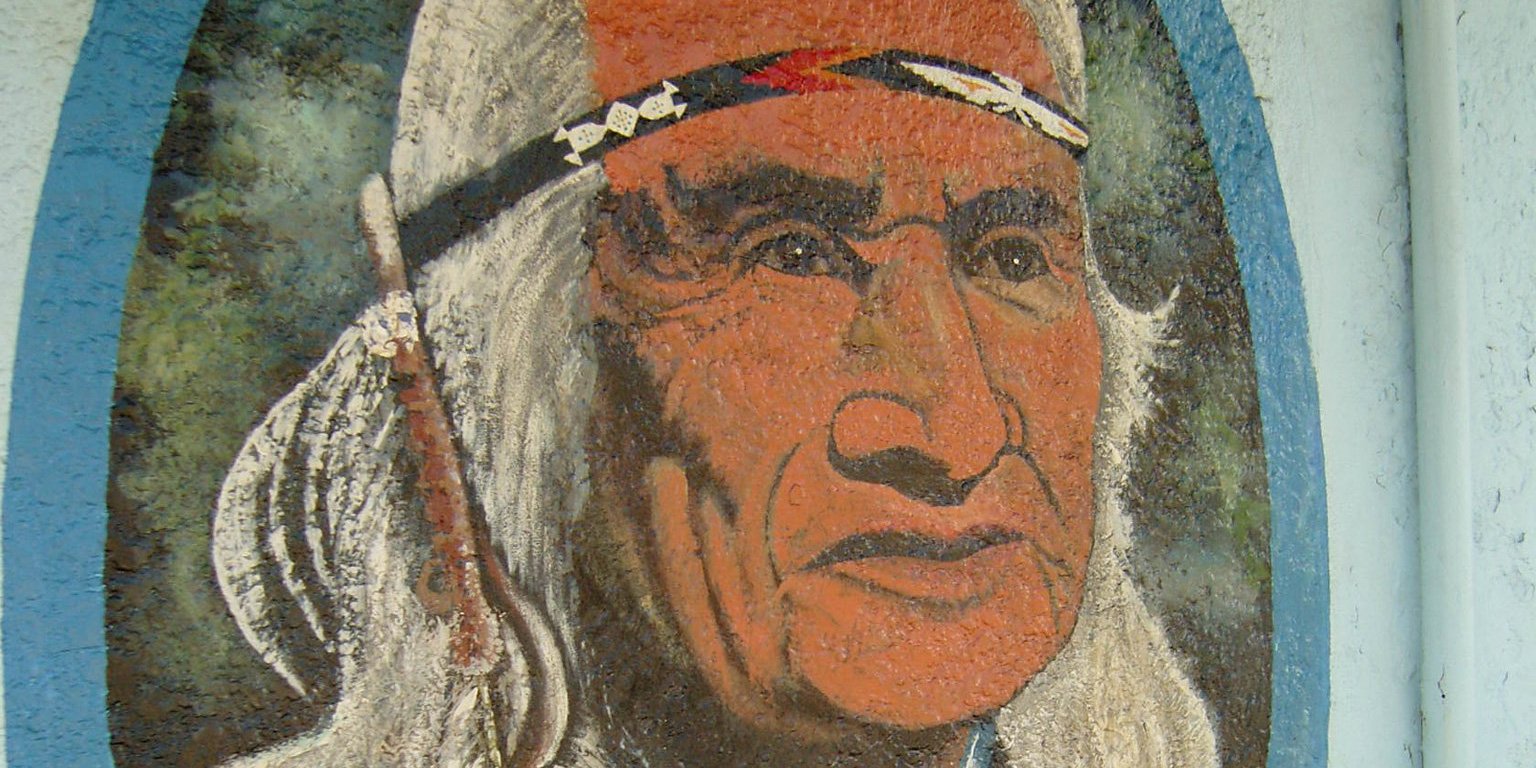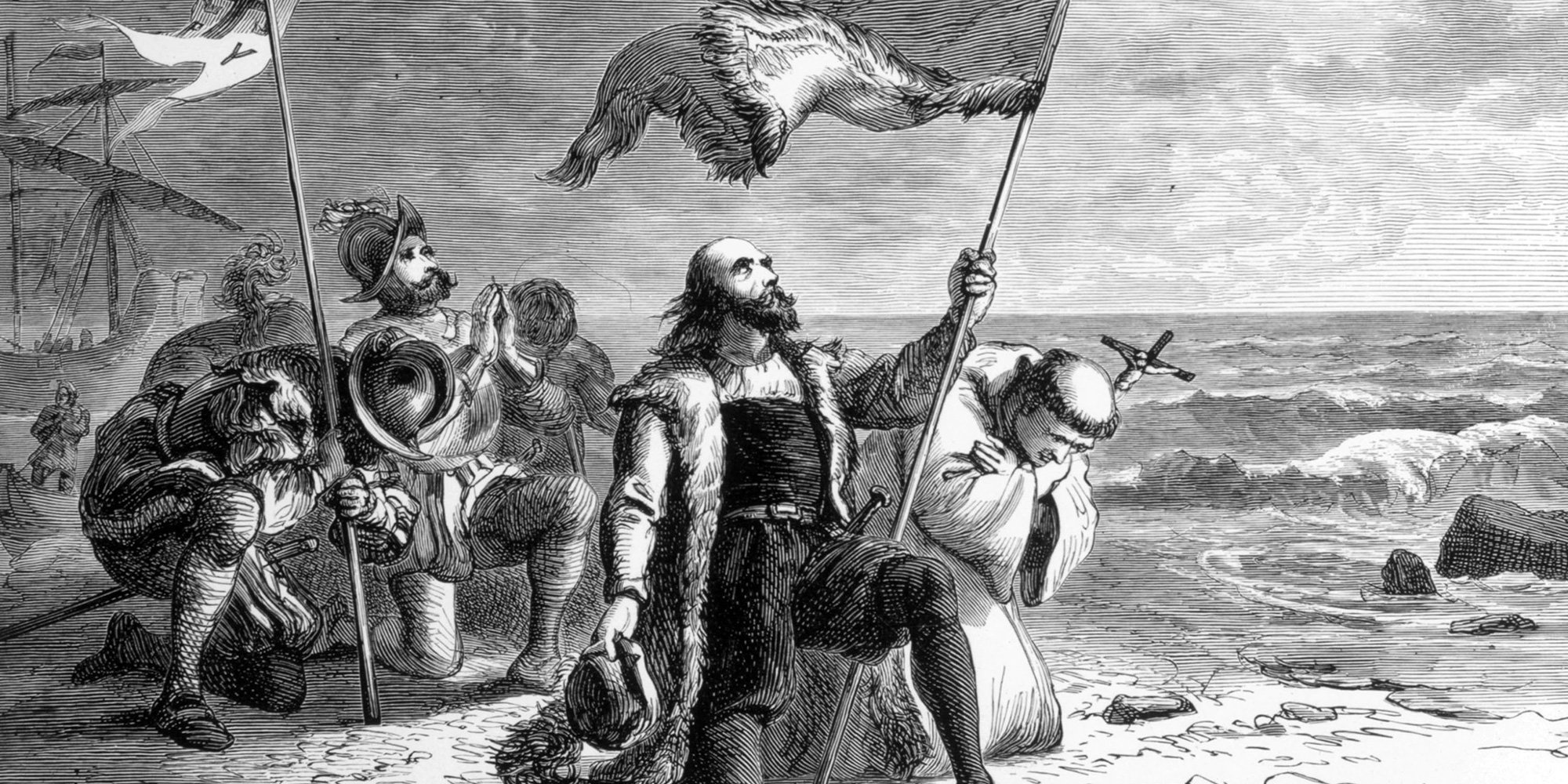Indigenous Title and the Doctrine of Discovery
Indigenous Peoples believe they have held title to their traditional lands or territories from the moment their Creators placed them on that land...
3 min read
Bob Joseph March 30, 2023

The Doctrine of Discovery was used by European monarchies, beginning in the mid-fifteenth century, as a means of legitimizing the colonization of lands outside of Europe. It was issued in 1493, the year after Christopher Columbus arrived on the shores of what is now known as North America. The Doctrine of Discovery continues to impact Indigenous Peoples throughout the world.
The Doctrine of Discovery provided a framework for Christian explorers, in the name of their sovereign, to lay claim to territories uninhabited by Christians. If the lands were vacant, then they could be defined as “discovered” and sovereignty claimed.
The presiding theory of the time was that Indigenous Peoples, because they were non-Christians, were not human and therefore the land was empty or terra nullius. When Christopher Columbus arrived in 1492, it is estimated that the Americas were actually occupied by 100 million Indigenous Peoples - which is about one-fifth of the human race at that time - who had been living their traditional lives on the land since time immemorial. But, because they were not Christians the land was deemed terra nullius.
The Permanent Forum on Indigenous Issues concluded its eleventh session with the approval of a set of nine draft recommendations, highlighted by a text approved on the special theme, the ongoing impact of the Discovery Doctrine on indigenous peoples and the right redress. That fifteenth-century Christian principle was denounced throughout the session as the “shameful” root of all the discrimination and marginalization indigenous peoples faced today.
The Permanent Forum noted that, while such doctrines of domination and “conquest”, including terra nullis and the Regalian doctrine, were promoted as authority for land acquisition, they also encouraged despicable assumptions: that indigenous peoples were “savages”, “barbarians”, “inferior and uncivilized,” among other constructs the colonizers used to subjugate, dominate and exploit the lands, territories and resources of native peoples. [1]
On 26 June 2014, in a unanimous 8:0 decision that marked the first time the highest court has recognized the existence of Aboriginal title on a particular site, the Supreme Court of Canada made clear that: “The doctrine of terra nullius (that no one owned the land prior to European assertion of sovereignty) never applied in Canada, as confirmed by the Royal Proclamation (1763), R.S.C. 1985, App. II, No. 1.” See Tsilhqot’in Nation v British Columbia, 2014 SCC 44 at para. 69.
The case concerned an Aboriginal title claim to lands within the province of British Columbia and as the Court explains:
At the time of assertion of European sovereignty, the Crown acquired radical or underlying title to all the land in the province. This Crown title, however, was burdened by the pre-existing legal rights of Aboriginal people who occupied and used the land prior to European arrival. … The Aboriginal interest in land that burdens the Crown’s underlying title is an independent legal interest, which gives rise to a fiduciary duty on the part of the Crown. [2]
The Truth and Reconciliation Commission’s 94 Calls-to-Action, released in 2015, includes two references to repudiate the concept of the Doctrine of Discovery:
Reconciliation
Canadian Governments and the United Nations Declaration on the Rights of Indigenous People
- We call upon the Government of Canada, on behalf of all Canadians, to jointly develop with Aboriginal peoples a Royal Proclamation of Reconciliation to be issued by the Crown. The proclamation would build on the Royal Proclamation of 1763 and the Treaty of Niagara of 1764, and reaffirm the nation-to-nation relationship between Aboriginal peoples and the Crown. The proclamation would include, but not be limited to, the following commitments:
- Repudiate concepts used to justify European sovereignty over Indigenous lands and peoples such as the Doctrine of Discovery and terra nullius.
Settlement Agreement Parties and the United Nations Declaration on the Rights of Indigenous Peoples
- We call upon all religious denominations and faith groups who have not already done so to repudiate concepts used to justify European sovereignty over Indigenous lands and peoples, such as the Doctrine of Discovery and terra nullius. [3]
On March 30th, 2023, the Catholic church, by way of a Vatican press release, officially repudiated the Doctrine of Discovery.
In no uncertain terms, the Church’s magisterium upholds the respect due to every human being. The Catholic Church therefore repudiates those concepts that fail to recognize the inherent human rights of indigenous peoples, including what has become known as the legal and political “doctrine of discovery”.
Bring your questions about the Doctrine of Discovery to our Indigenous Awareness or Working Effectively with Indigenous Peoples® training sessions.
This article was originally posted on October 3, 2016.
[1] United Nations: Impact of the 'Doctrine of Discovery' on indigenous peoples
[2] Currie, Forcese, Oosterveld, Harrington, International Law, Doctrine, Practice and Theory
[3] Truth and Reconciliation Commission Calls-to-Action
Featured photo: Shutterstock
Indigenous awareness includes understanding how history impacts the present. If you are not sure how to choose an Indigenous awareness trainer, for you and/or your organization, here’s an article on Indigenous Cultural Competency Trainer Criteria.

Indigenous Peoples believe they have held title to their traditional lands or territories from the moment their Creators placed them on that land...

As Canadians from coast to coast to coast prepare to mark Canada’s 150th birthday on July 1, 2017, I wanted to revisit and reflect on the late Chief...

I would like to talk to you about contact, discovery and the New World. Specifically, I would like to answer the age-old question, "Did Christopher...